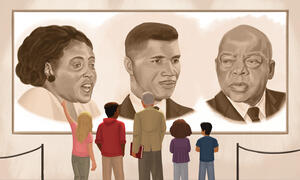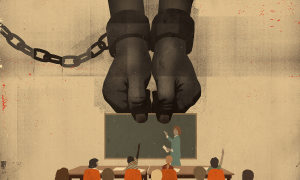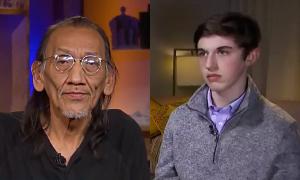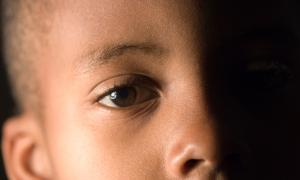article
Toolkit for ‘The Opioid Crisis’ and Trauma-Sensitive Practices
Students who experience trauma often exhibit behaviors we associate with defiance, indifference or attention-deficit disorders. This toolkit and additional resources can help us overcome those assumptions and respond to such behaviors in trauma-sensitive ways.




